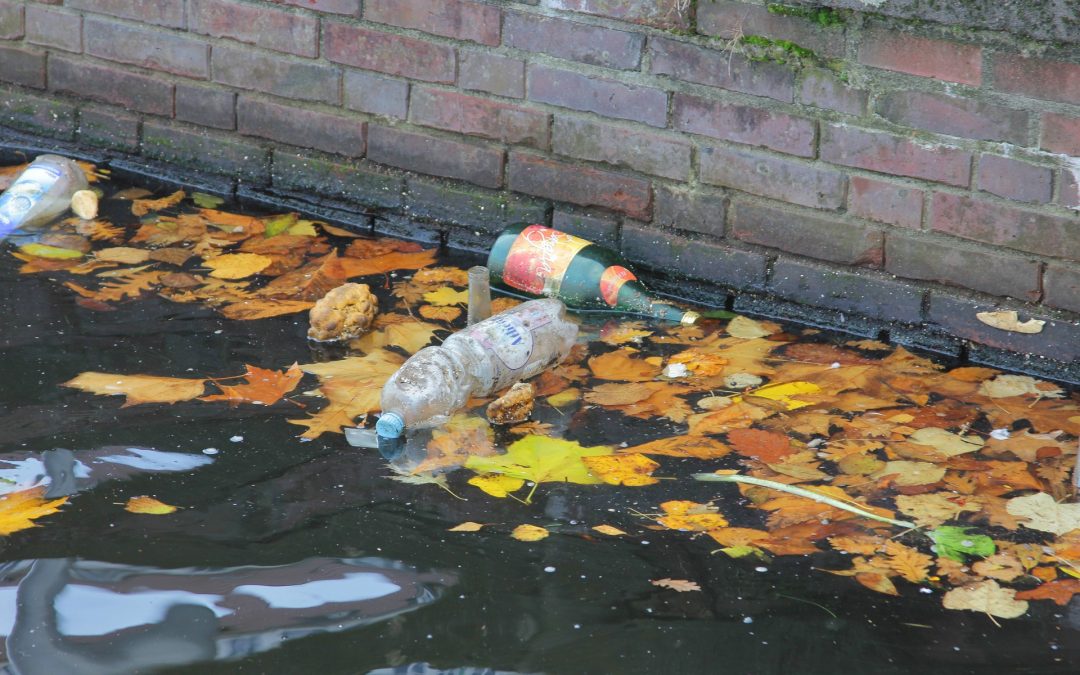Water pollution is a major environmental issue that affects the world. It is caused by a wide range of human activities and natural phenomena that contaminate water bodies, making them unsafe for human consumption and harmful to aquatic life. In this article, we will discuss the main causes of water pollution in the world.
Industrial and Manufacturing Activities
One of the primary causes of water pollution is industrial and manufacturing activities. The discharge of untreated or inadequately treated industrial waste into water bodies leads to the release of harmful chemicals, heavy metals, and other toxic substances. These pollutants can contaminate water sources, affect aquatic life and pose a significant risk to human health.
Agricultural Activities
Agricultural activities are another significant contributor to water pollution. The use of pesticides, herbicides, and fertilizers in farming can contaminate water sources, leading to eutrophication, where excessive nutrients cause harmful algae blooms. Additionally, the use of animal waste in farming can also lead to water pollution, as it releases pathogens and bacteria that can contaminate water sources.
Waste Disposal
Improper waste disposal is also a major contributor to water pollution. Dumping waste into rivers, lakes, and oceans can contaminate water sources, leading to significant environmental and health impacts. This includes the disposal of household waste, industrial waste, and hazardous waste.
Oil Spills
Oil spills are another significant cause of water pollution. These spills occur when oil is released into the ocean or other water bodies, often due to accidents involving oil tankers or offshore drilling rigs. The oil can harm marine life and ecosystems, contaminate water sources, and impact coastal communities that rely on fishing and tourism.
Natural Phenomena
Natural phenomena such as volcanic eruptions, earthquakes, and floods can also lead to water pollution. These events can cause soil erosion, which can release sediment and other pollutants into water sources, leading to sedimentation and decreased water quality.
Conclusion
In conclusion, water pollution is caused by a wide range of human activities and natural phenomena. Industrial and manufacturing activities, agricultural activities, improper waste disposal, oil spills, and natural phenomena are among the primary causes of water pollution. Addressing these issues requires a concerted effort by governments, industries, and individuals to reduce pollution levels and protect the world’s water sources. By taking action to reduce pollution levels, we can protect the health of humans and aquatic life, safeguard our ecosystems, and promote sustainable development.

